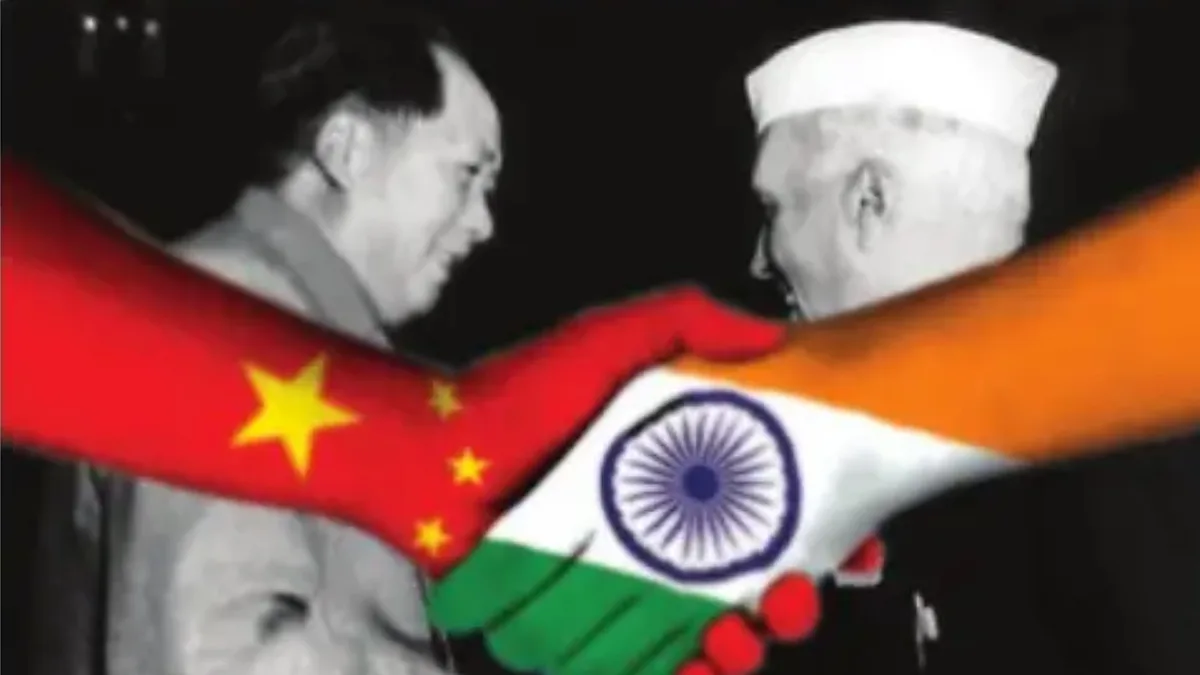China’s dam will hurt India, Bangladesh
China recently approved the construction of the world’s largest hydropower dam, across the Yarlung Tsangpo river in Tibet.

China recently approved the construction of the world’s largest hydropower dam, across the Yarlung Tsangpo river in Tibet.

Suddenly China, slapped with over 100 per cent tariffs by the United States, is sidling up to our side.

The United States cannot act recklessly and the wheels of history cannot be reversed, Chinese Foreign Minister Wang Yi said on Friday.

The relationship between India and China, two of the oldest civilizations in the world, has been a saga marked by both shared history and contentious moments.

South Korea's Acting President Han Duck-soo has said South Korea will not form a coalition with China and Japan to jointly respond to US tariff measures, but seeks to resolve related issues through negotiations with Washington.
“The Defense Department report, just like similar reports in the past, disregards facts and is filled with bias,” Chinese Foreign Ministry spokesperson Wang Wenbin had reacted. He emphasized that China “actively advocates the ultimate complete prohibition and thorough destruction of nuclear weapons.”
India is understood to have told the Chinese side that relations between the two sides would not get normal until the border stalemate was brought to an end through peaceful talks.
The backdrop of this Sino-Soviet rift makes the recent Sino-Russian friendship even more intriguing. Ideological differences have taken the back seat. The two have come together with expansionist objectives, the original sin that has always been the underlying factor in their ideological rhetoric. Russia forcibly installed puppet governments in certain East European countries to turn them into their vassals and China pursued a policy of encroaching on neighbour's territories to expand its area of domination in Asia
Those at the helm of affairs in India discounted the British plan of protecting Tibet from foreign interference. It is unlikely that they were not aware of the Chinese Communist Party's intentions. As early as 1922, the Communist Party announced that it would liberate Tibet and unify her with China. Their advance to Indian territories was just a matter of time. We did not choose our options keeping this in view
''We have made it clear to China that peace and tranquility in the border areas is essential for the development of our relationship,'' Foreign Secretary Harsh Vardhan Shringla said, two days before the 15th round of military-level talks between the two countries on the stand-off at Eastern Ladakh .
